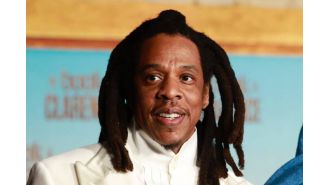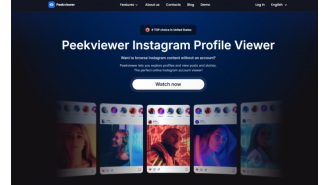Fake News is the culprit behind viral images of Black Trump supporters.
If AI progresses faster than its regulations, the next election could be heavily influenced by false information campaigns.

In a recent example of supporters of former President Donald Trump spreading false information, altered images have been circulating on social media in an effort to persuade Black voters to support the likely Republican nominee in the upcoming election. According to the BBC, these images have not been directly linked to Trump's campaign, but Cliff Albright, co-founder of Black Voters Matter, a group that encourages Black people to engage in civic activities, believes they are part of a larger strategy to influence voters using technology.
Albright expressed concern about targeted disinformation campaigns aimed at the Black community, particularly young Black voters. He warned that these images are part of a calculated narrative by conservatives to sway the election in their favor. It's a tactic that echoes the worries from the 2016 election, when Russian interference through cyberattacks was a major concern. However, experts now caution that both foreign and domestic actors could have an impact on the outcome of the election.
A BBC article shared an interesting anecdote about a fake image of Trump surrounded by Black voters, created using artificial intelligence. Douglas, a Black taxi driver from Atlanta, initially believed the image was real and was shocked to learn it was fake. He commented, "Well, that's the thing about social media. It's so easy to fool people."
Unfortunately, this is not an isolated incident. According to The Guardian, AI has already been used in this election cycle to create a "deepfake" robocall using the voice of President Joe Biden, urging voters to stay at home. Lisa Gilbert, executive vice president of Public Citizen, a group dedicated to regulating AI in American politics, emphasized that the number of people deceived is not the issue. The fact that it can be done is the real concern.
Gilbert stated, "I don't think we need to wait and see how many people were deceived to understand that was the point. It could come from your own family member or neighbor and sound exactly like them." She added, "The ability of AI to deceive has only magnified the problem of misinformation and disinformation."
As NBC News reports, with no federal policies in place to regulate AI, some states are taking matters into their own hands by proposing laws to restrict or ban the use of AI in political advertising. However, these proposed legislations are not a guarantee and there is a fear that if AI technology continues to outpace regulation, the 2024 presidential election could be heavily influenced by false information campaigns.
Thompson-Reuters highlights the lack of regulation in this crucial area, leaving the door open for political exploitation, as seen in the "deepfake" robocall incident. Allyson Brunette, a workplace consultant for Thompson-Reuters, explains, "Unregulated AI poses various risks, such as the spread of deepfake misinformation campaigns, extensive personal data collection, and disruption in employment. These potential harms fall under federal jurisdiction and encompass issues such as discrimination, improper data collection, and harmful outcomes for consumers."
In light of these developments, civil rights activist Al Sharpton criticized Trump for aligning himself with the struggles of the African American community. He expressed concern that Trump's tactics could further divide the nation and undermine the democratic process. With the power of AI technology, it is crucial that steps are taken to regulate its use in politics to prevent the spread of misinformation and disinformation.
2 Views










